Swiss ambassador to Nepal: ‘We have more to do’ on women’s rights
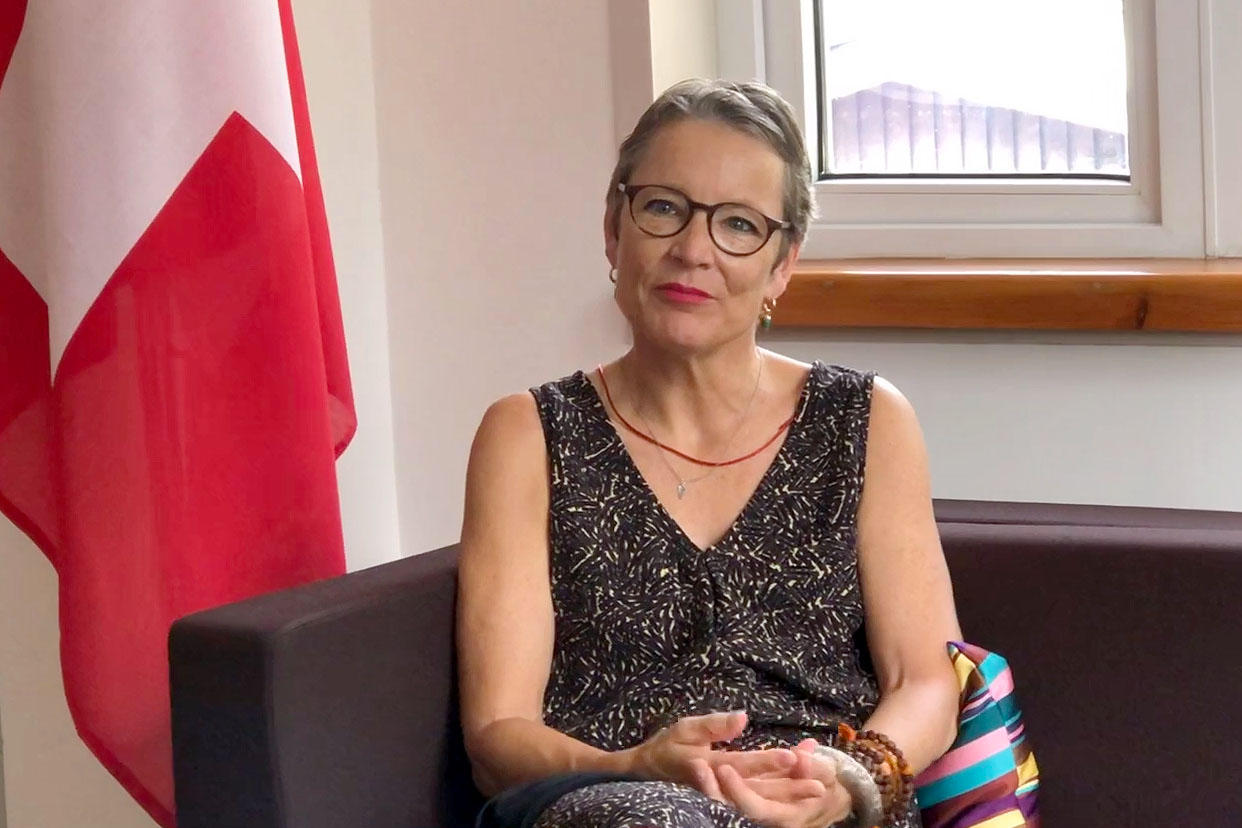
The first Swiss female Ambassador to Nepal, Elisabeth von Capeller, shares her views about Nepal’s transition to a federal democratic republic and the progress in women’s rights.
There are intensive discussions about women’s inclusion in Nepal, a Least Developed Country (LDC) with 125 caste and ethnic groups. Tremendous changes have occurred in Nepali society since the end of the decade-long armed conflict in 2006. Women’s political inclusion has also drastically evolved with the promulgation of the new Federal Constitution in 2015. The 2017 election results saw the female share of parliamentary seats exceeding the global worldwide average. At the local level 41% of politicians are women of which 20% are Dalits, the so-called the lowest caste. Ambassador von Capeller has been an eyewitness to such drastic changes.
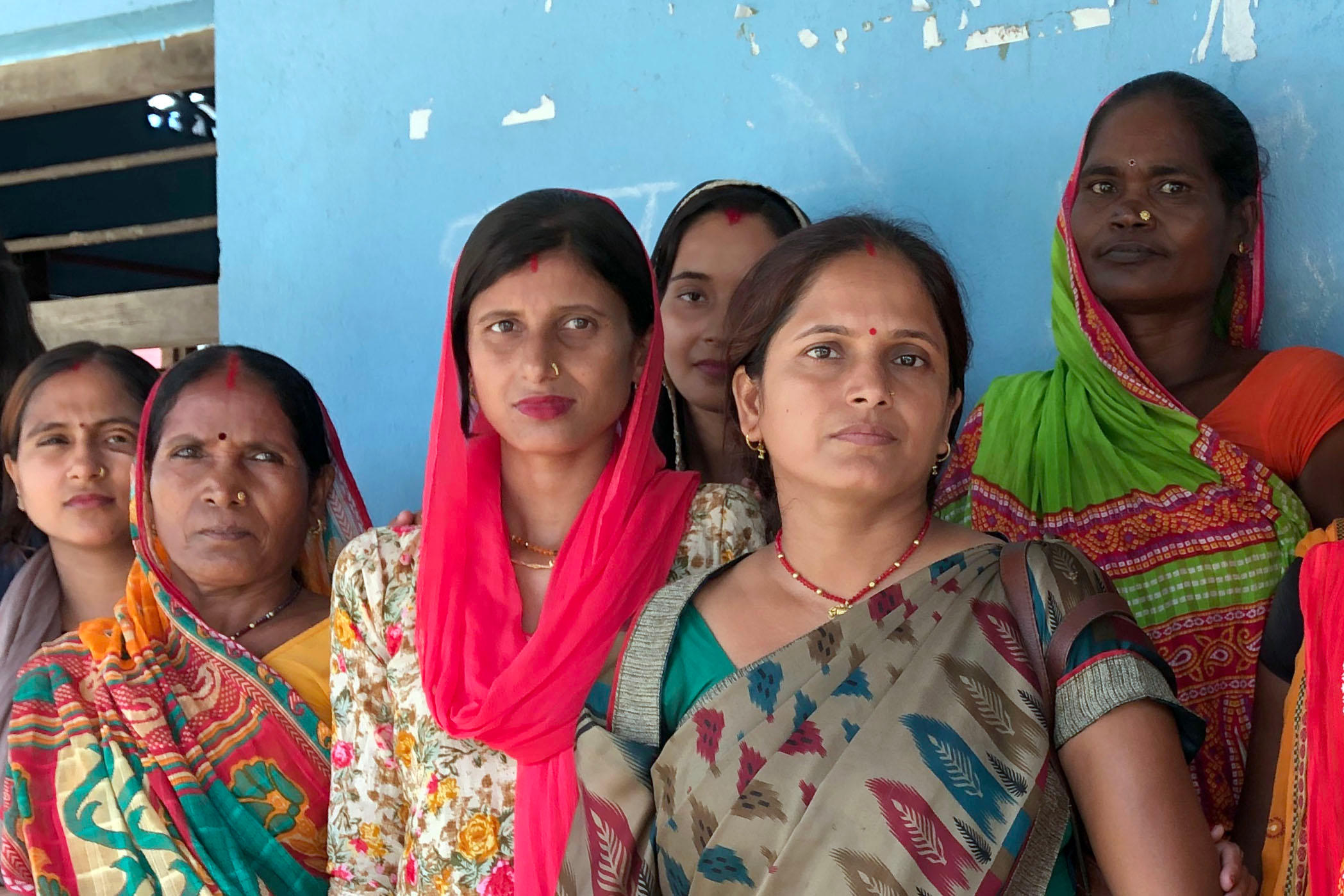
More
In Nepal, an uphill battle for gender parity
swissinfo.ch: You have worked for the Swiss Agency for Development and Cooperation (SDC) in Nepal from 2007 to 2011 and this is your second assignment in Nepal, this time as Ambassador. So, you are one of the witnesses of the transition of Nepali government to federalism after the conflict between the government and the Maoists. Could you tell us about the experience you have had in Nepal?
Elisabeth von Capeller (E.C): I think today, Nepal is a different country from what I’ve seen in 2007 and when I left in 2011. Nepal has changed from a very rural country to a more mobile society. There are many exchanges between rural and urban, as well as the outside world and Nepal today. Most importantly, the access to remote areas has really changed this country. We see nowadays more infrastructure. In June, I was in Jajarkot in western Nepal, an extremely poor area. There was no access to the markets 10 years ago, but nowadays there are roads to go to the markets where people can interact.
Secondly, I see huge differences in the political system since the peace agreement and the elections at three different levels in the federal country. When you go to districts, chairs, mayors, or deputy mayors are very committed to deliver services to the people. You have a totally different accountability than you had before.
Thirdly, young people changed their perspectives. They studied to become what they wanted: engineers and government employees. Nowadays many of them wish to be business entrepreneurs.
swissinfo.ch: Do you see more opportunity for women to get involved and participate in politics in the new federal system?
E.C.: In Nepal, either the mayor or the deputy mayor has to be a woman, which is the most courageous and best decision which Nepal can present to the world. Most of the women I’ve met are doing a fantastic job. I see their full potential to strengthen the society. In my opinion that should be the role of a political party in principle but we at the SDC also support women through the programme “She Leads”. This programme aims at empowering women with skills and knowledge to participate and take on leadership roles in political and electoral processes.
swissinfo.ch: How do you see the progress and balance so far regarding women’s rights since the recent constitution change in 2015?
E.C.: I think that the acceptance of women is not fully here yet. They are still not given the same tasks as men. It would probably take another two rounds of elections until the position of women is more settled.
For me, young women have totally changed and they are much more self-confident, including schoolgirls. Yet, there are still many limiting factors for women in the society. Discrimination prevails against women mainly in western part of the country. Some Dalit communities are still discriminated against in this country.
swissinfo.ch: What are the causes that prevent women from having equal rights? How do they compare with Switzerland?
E.C.: I think it’s the society, how the society sees women and the tasks given to women. Many Nepali women still face discrimination, but the same problem remains in Switzerland. I am the first Swiss woman ambassador in the last 60 years here. On June 14 we had a big demonstration with a half million women in Switzerland who asked for equal salary and opportunity for managerial positions. We still have more to do in order to get equal gender opportunities.
I remember that I was once even asked why women don’t stay at home with their children. Also, I was 11 when women gained the right to vote in Switzerland. My mother was about forty years old. I still cannot believe it.
swissinfo.ch: What difficulties did you face during the institutionalisation of federalism in Nepal?
E.C.: I don’t know if any other country could implement such a measure. Can you imagine changing the entire system from a centralised one to federalism from one day to the next? The constitution was clear on the exclusive and concurrent rights which guarantee the sharing of powers between the federal, provincial and local governments. This is a huge change in the system and our understanding of the state of democracy in society. For a few years, the road will be bumpy.
swissinfo.ch: How do you see the effectiveness of women’s quotas to reduce the gender gap in political decision-making in Nepal?
E.C.: It was needed. It was a very good move. And democracy is consolidating. It’s dynamic and the accountability is different. How does the democracy function if half of the society (women) are not there?
I was involved 20 years ago in SDC in defining the objectives of equal opportunity. It was not about the quota but we achieved it. Switzerland is now also discussing quotas.
Switzerland and Nepal
Both countries share 60 years of bilateral relations. Switzerland supports Nepal through the Swiss Agency for Development Cooperation (SDC) in rural infrastructure development, technical education and vocational training, agriculture, migration, federal state building. Currently 101 Swiss citizens are living in Nepal.
Ambassador Elisabeth von Capeller
Born in 1961 in Basel, von Capeller obtained a master’s degree in agricultural engineering from the Swiss Federal Institute of Technology Zurich (ETHZ). In 2007 she joined the Swiss Agency for Development and Cooperation in Nepal and was Head of Cooperation and Deputy Head of Mission from 2009.
In 2011 she was appointed as Head of the South Asia Division and served as the Head of Conflict and Human Rights until 2014. She has been Ambassador of Switzerland to Nepal since 2018.

In compliance with the JTI standards
More: SWI swissinfo.ch certified by the Journalism Trust Initiative
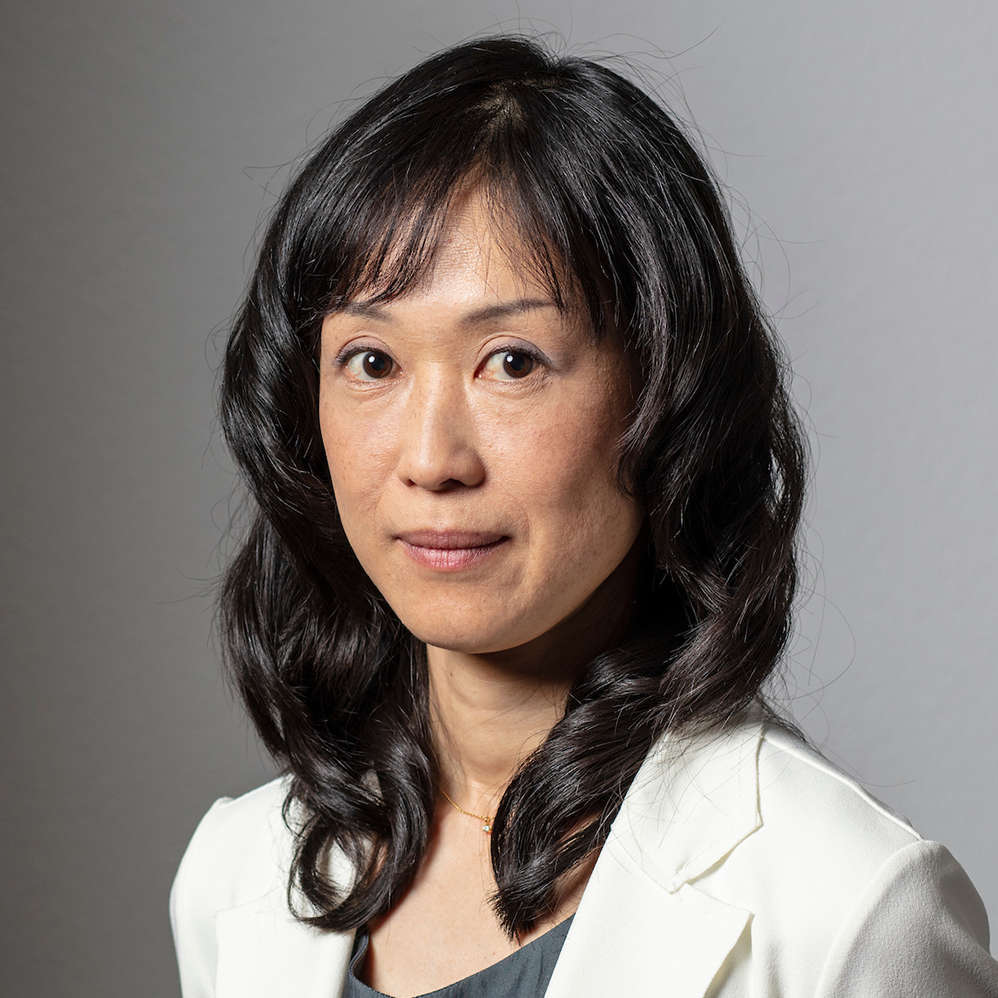
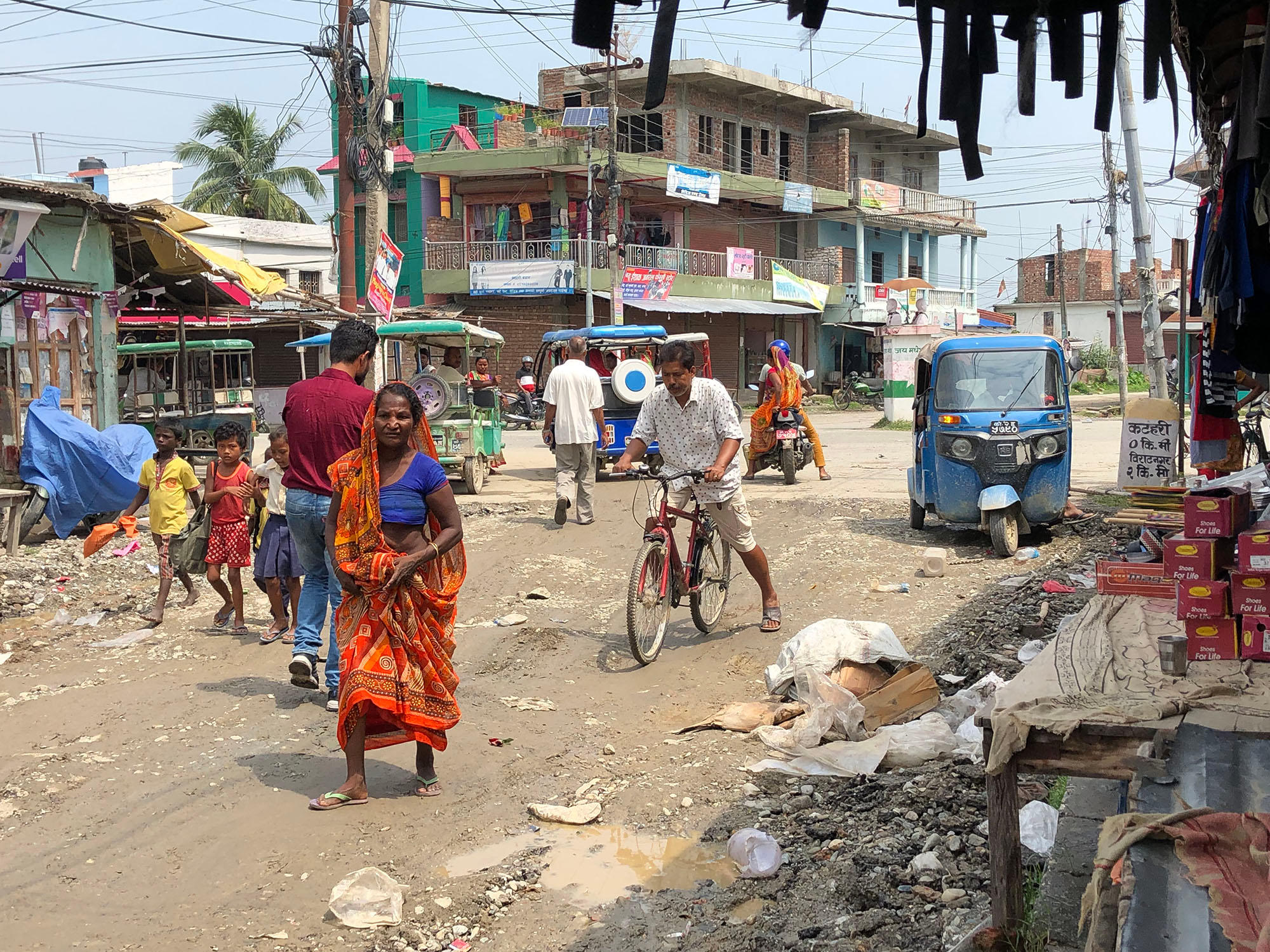
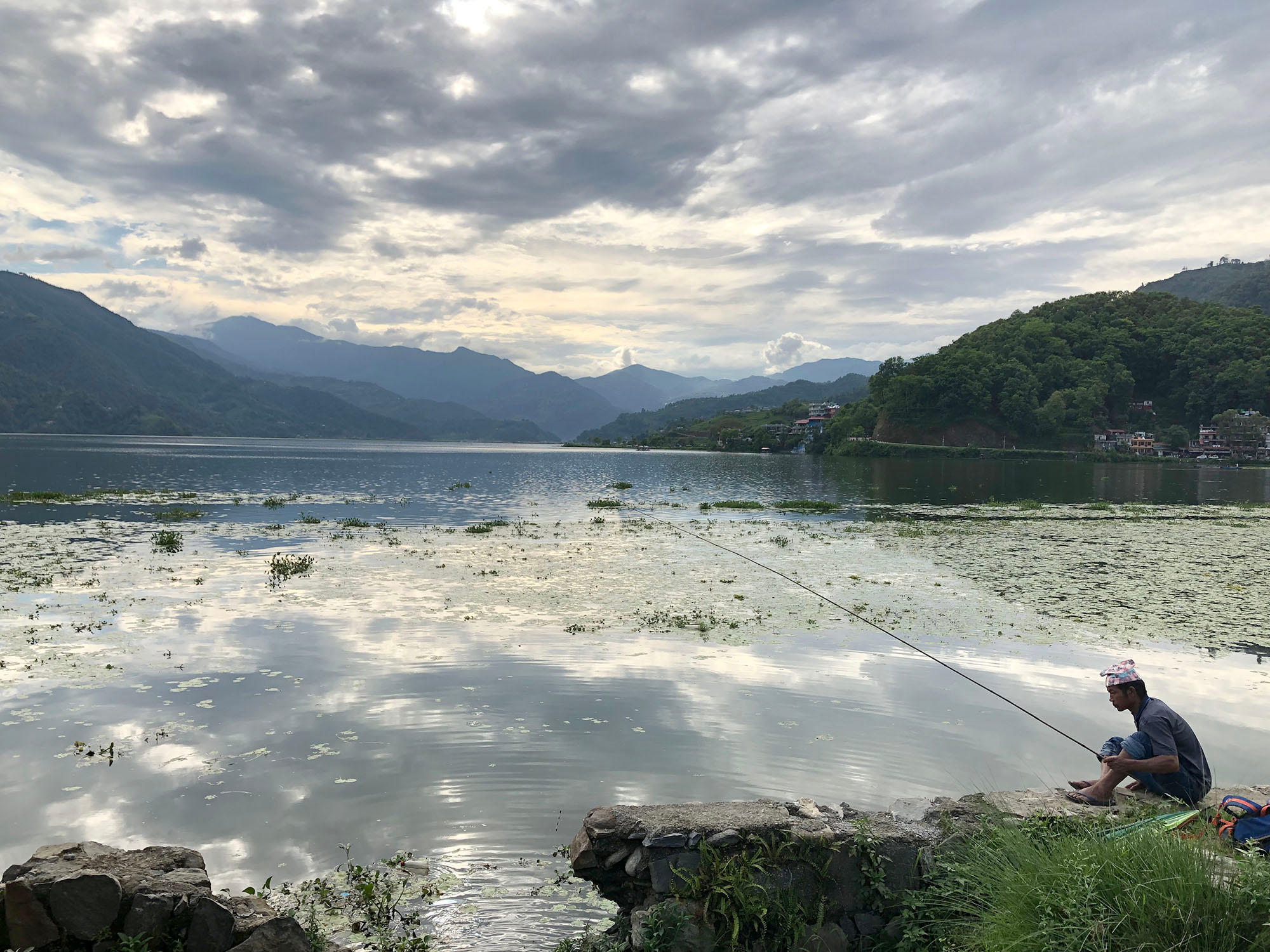
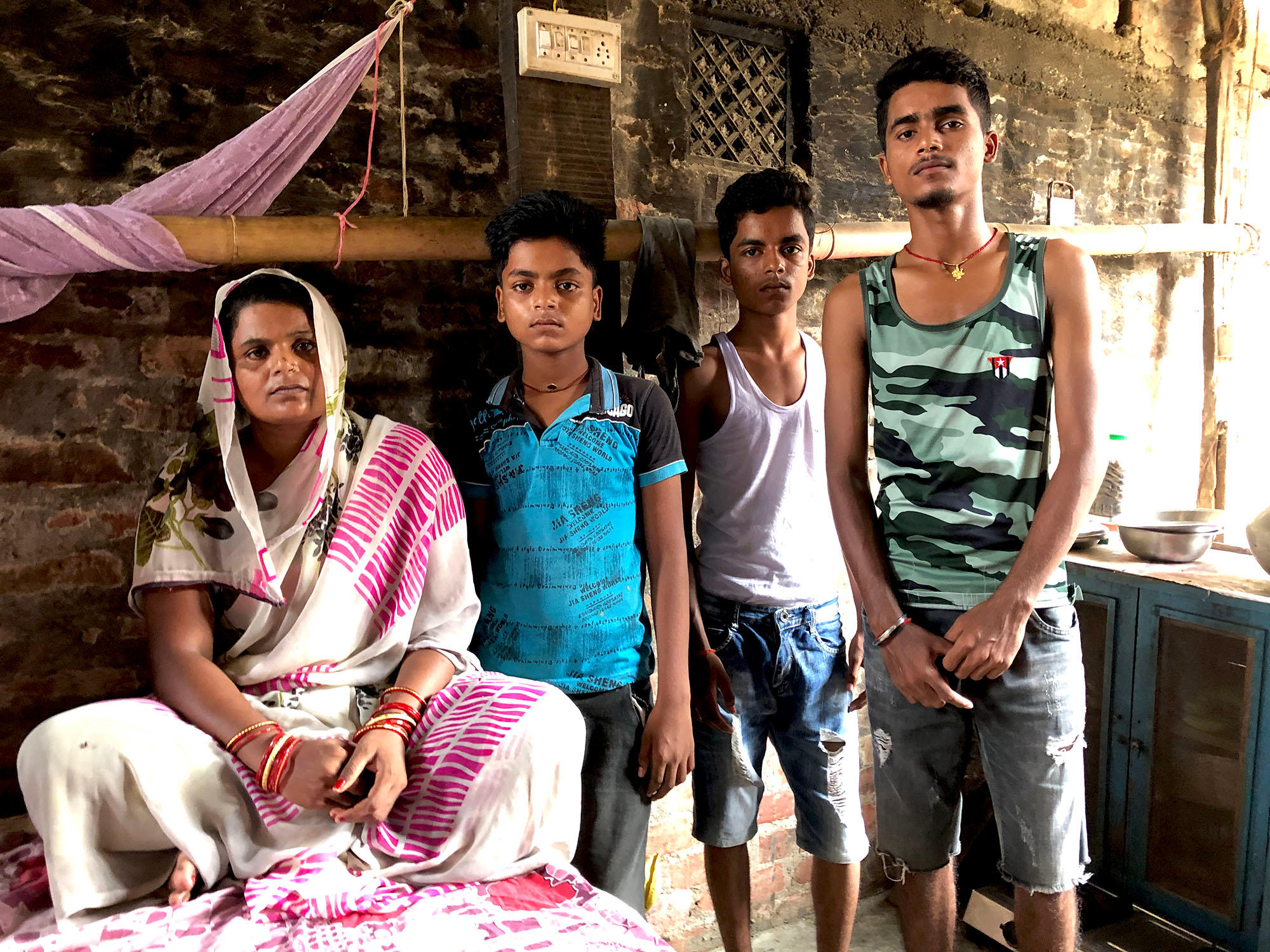

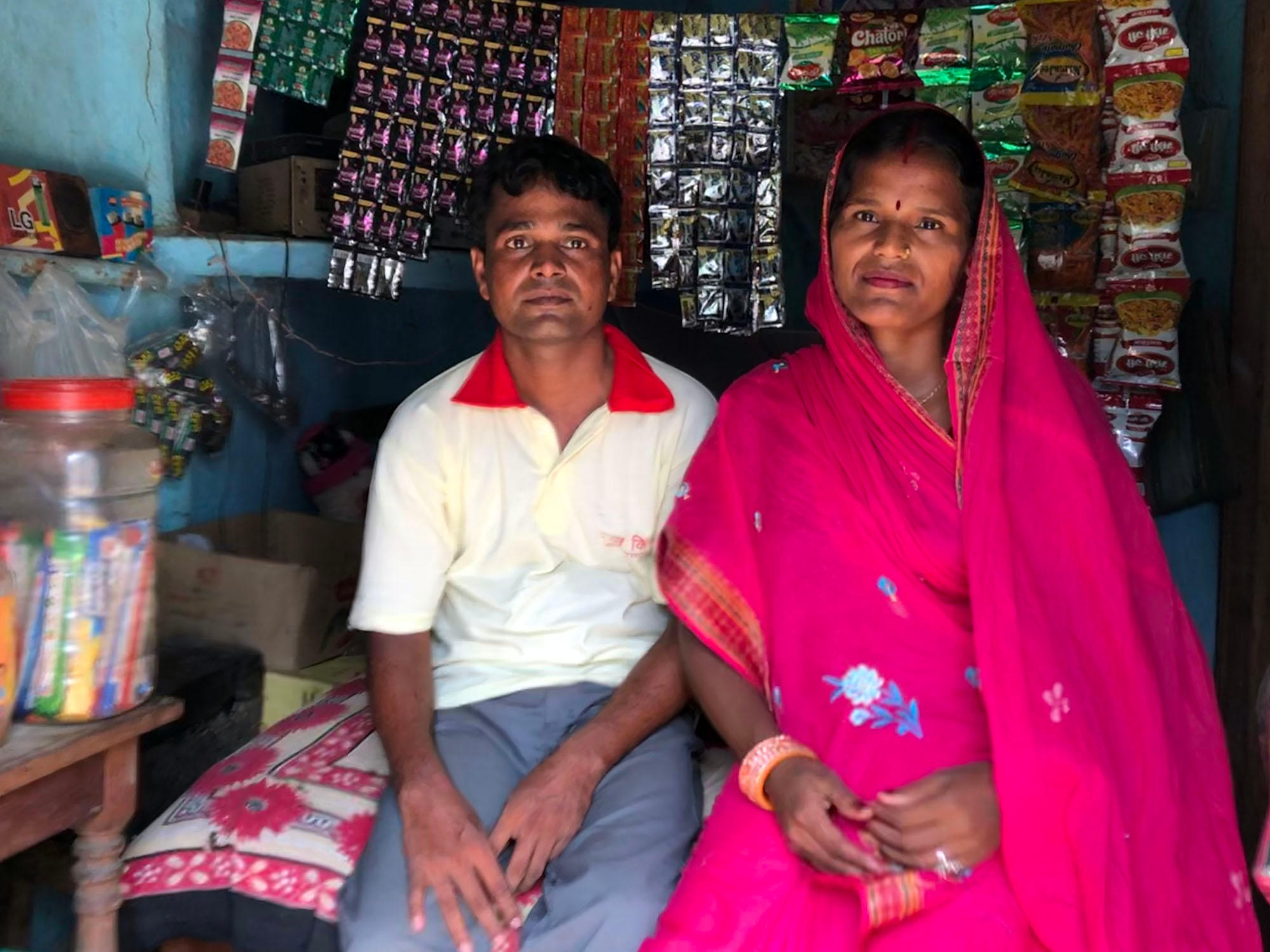
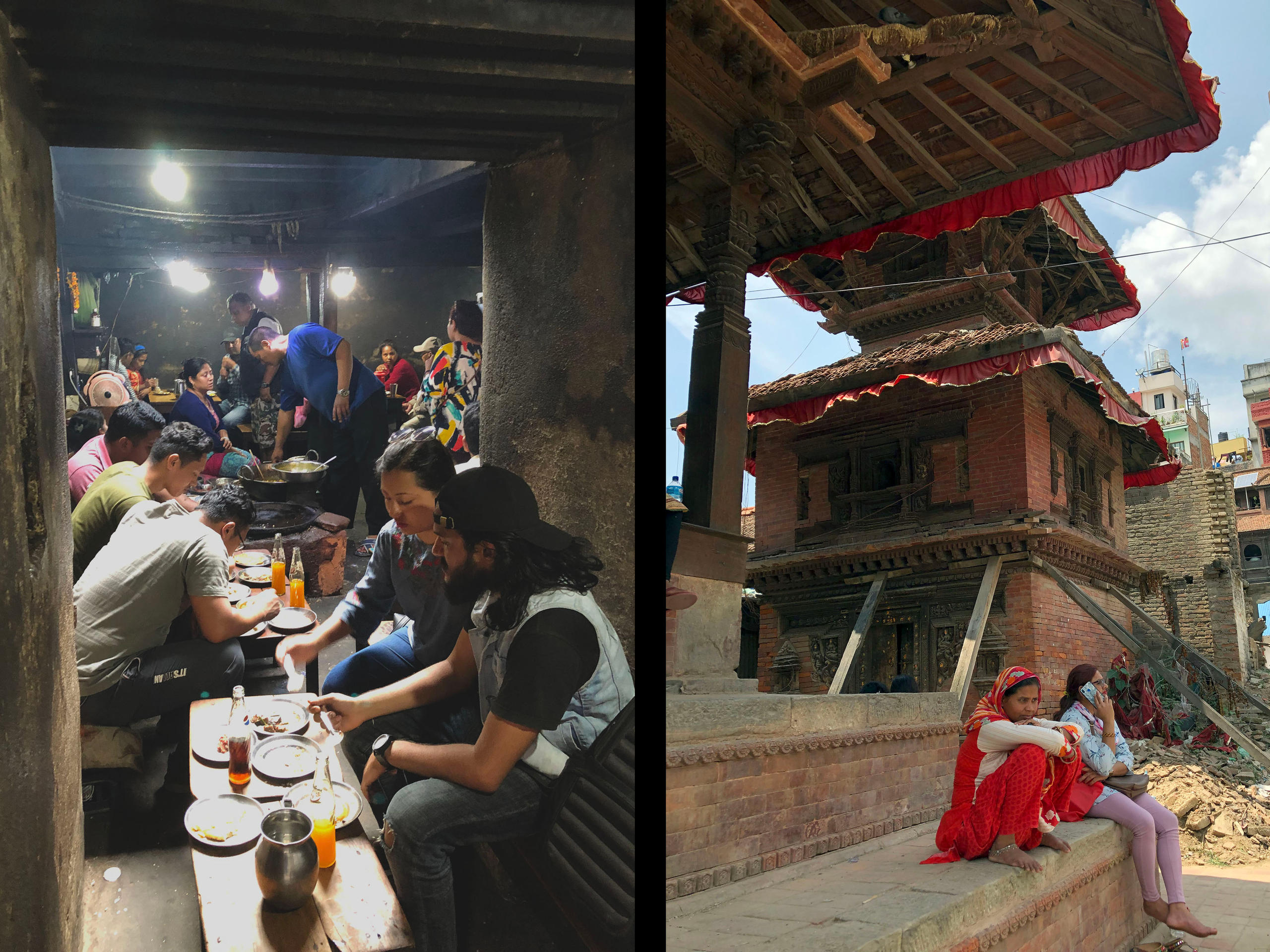
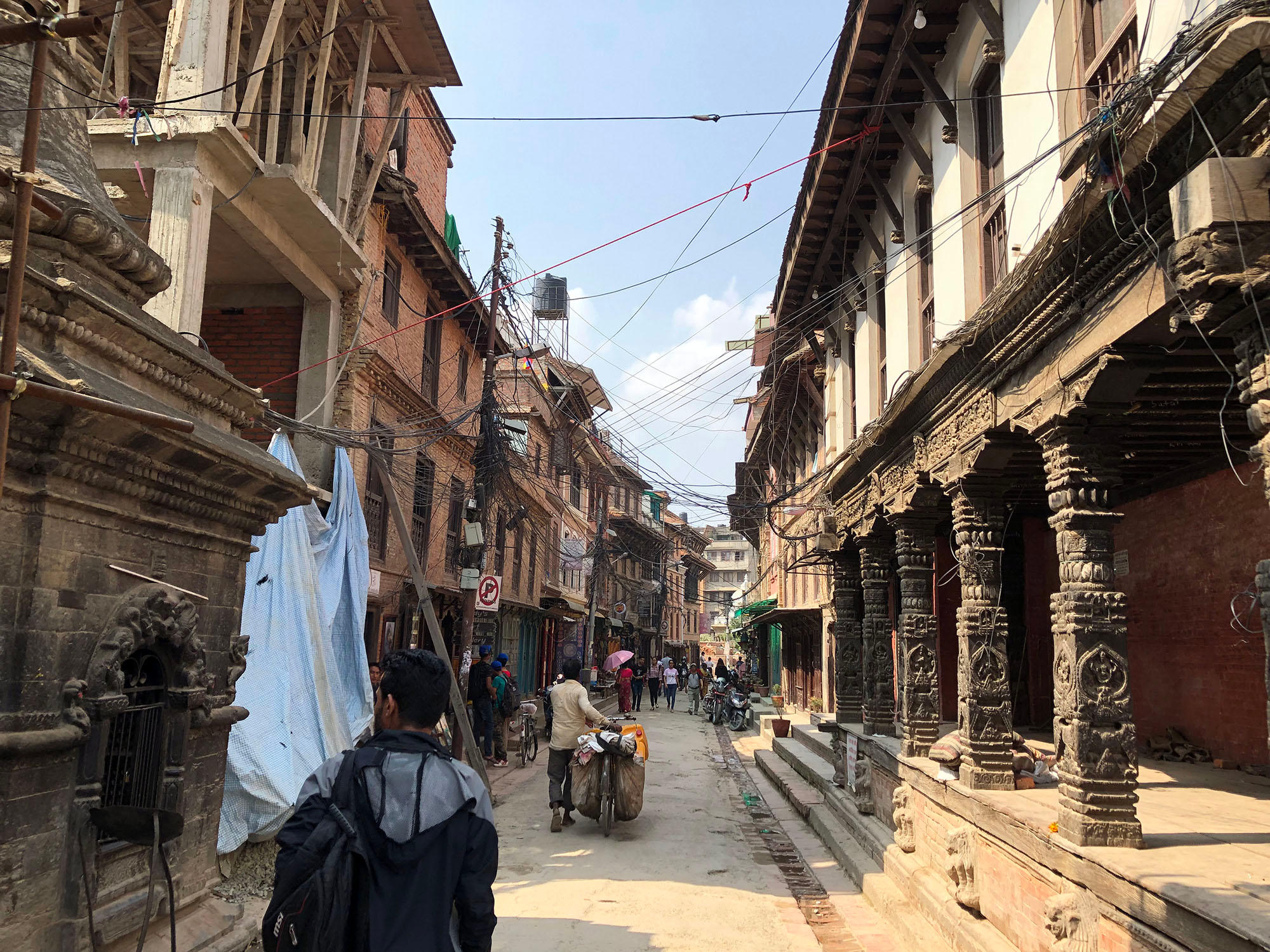
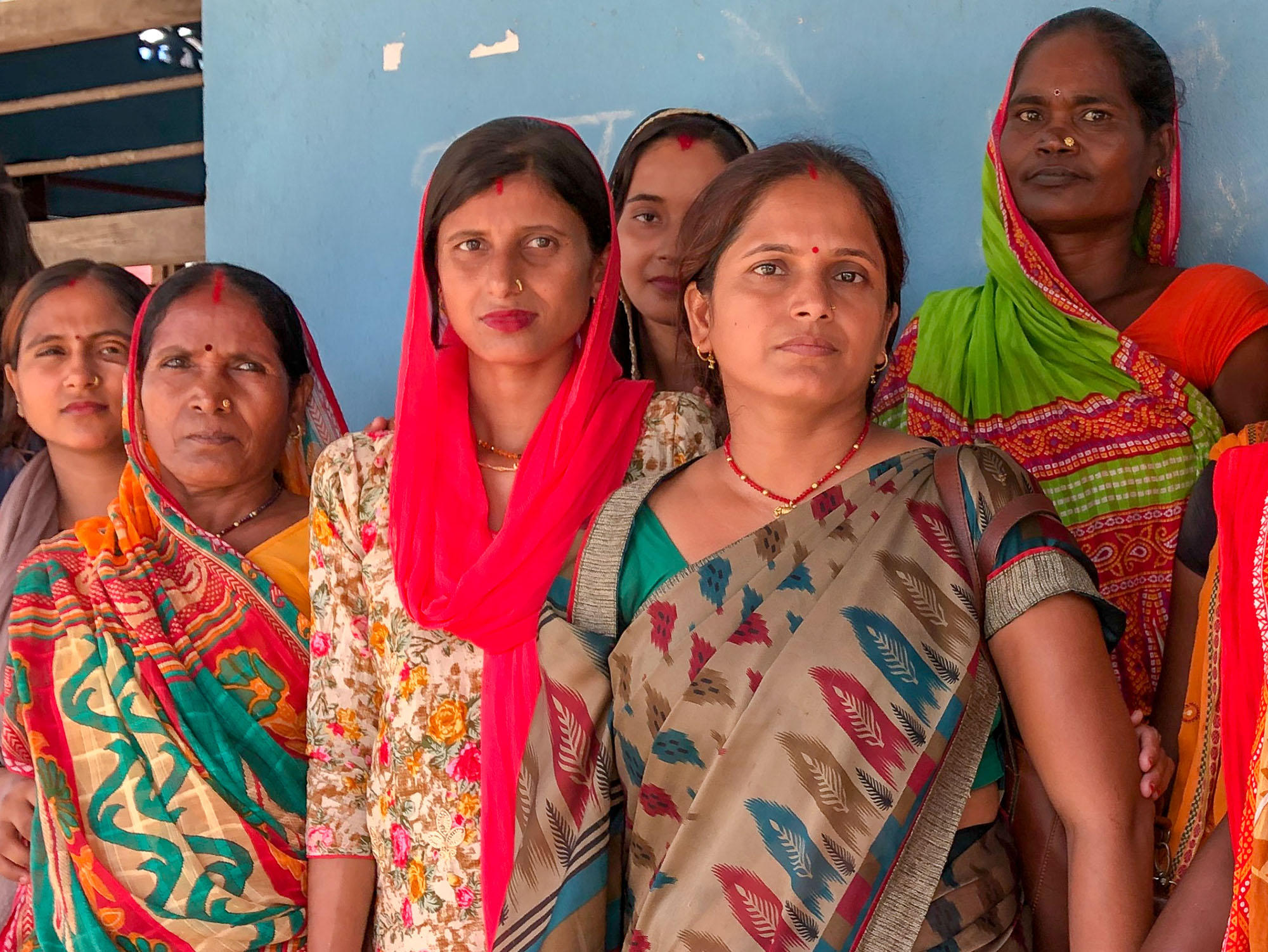
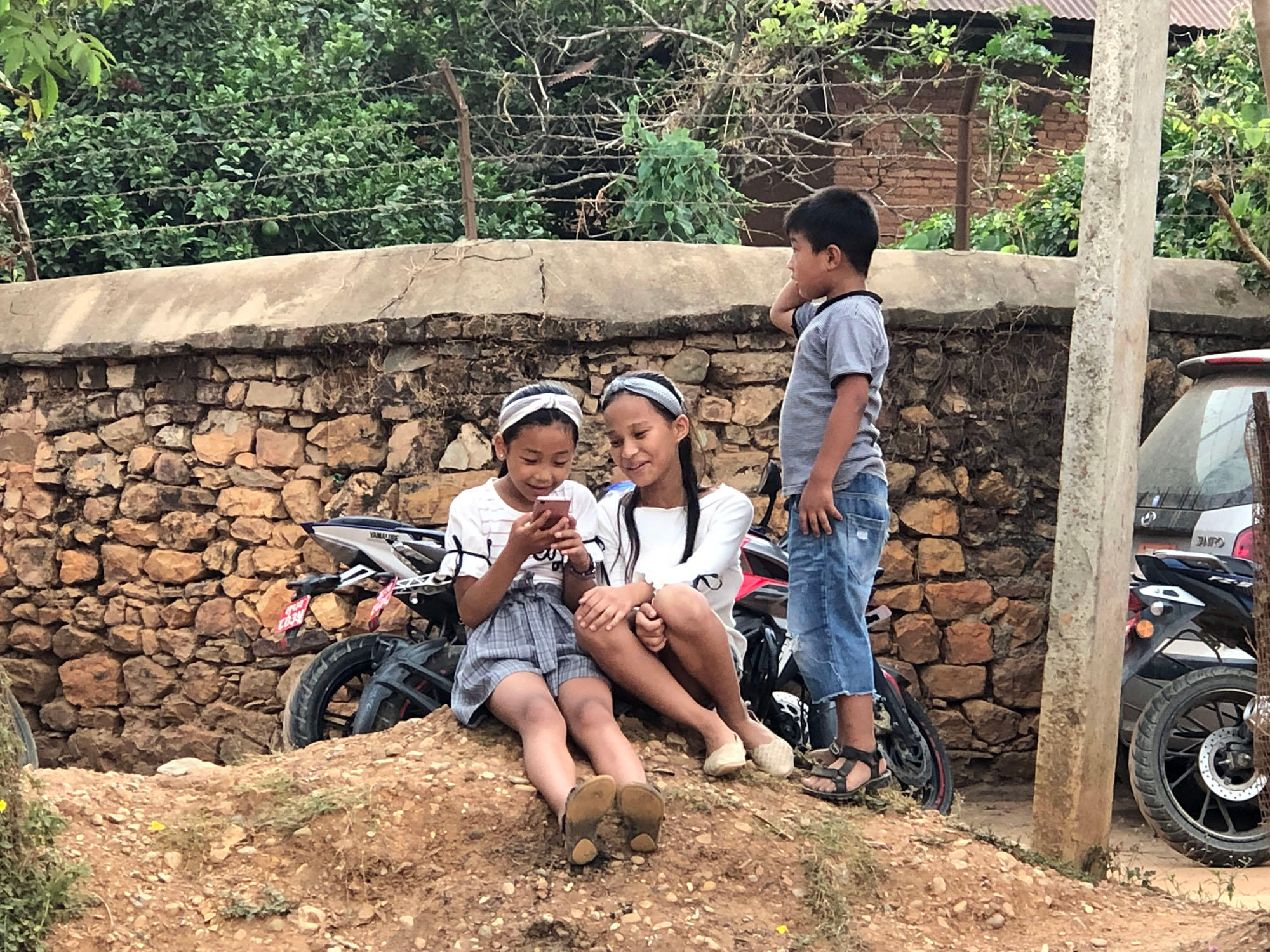
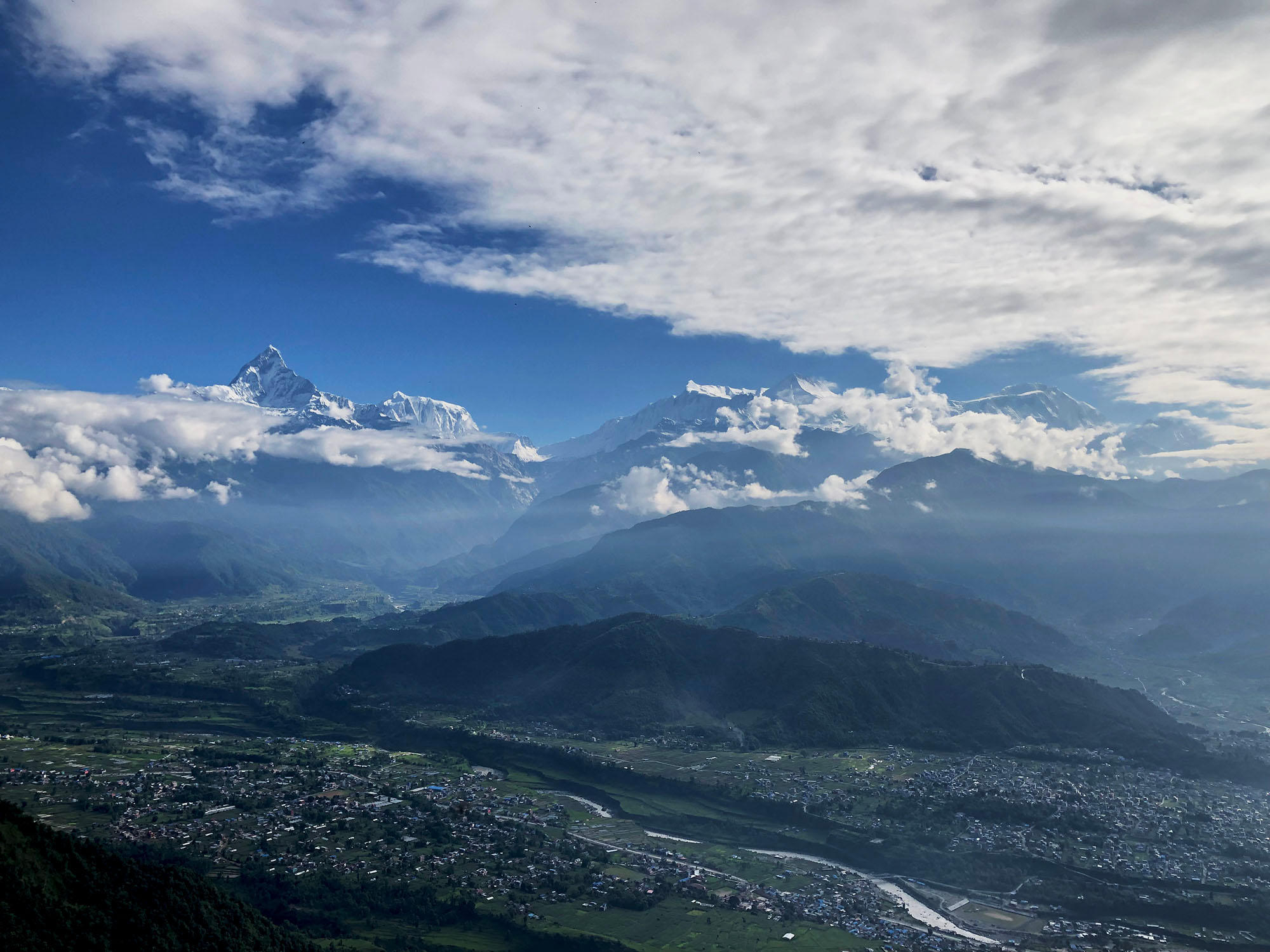
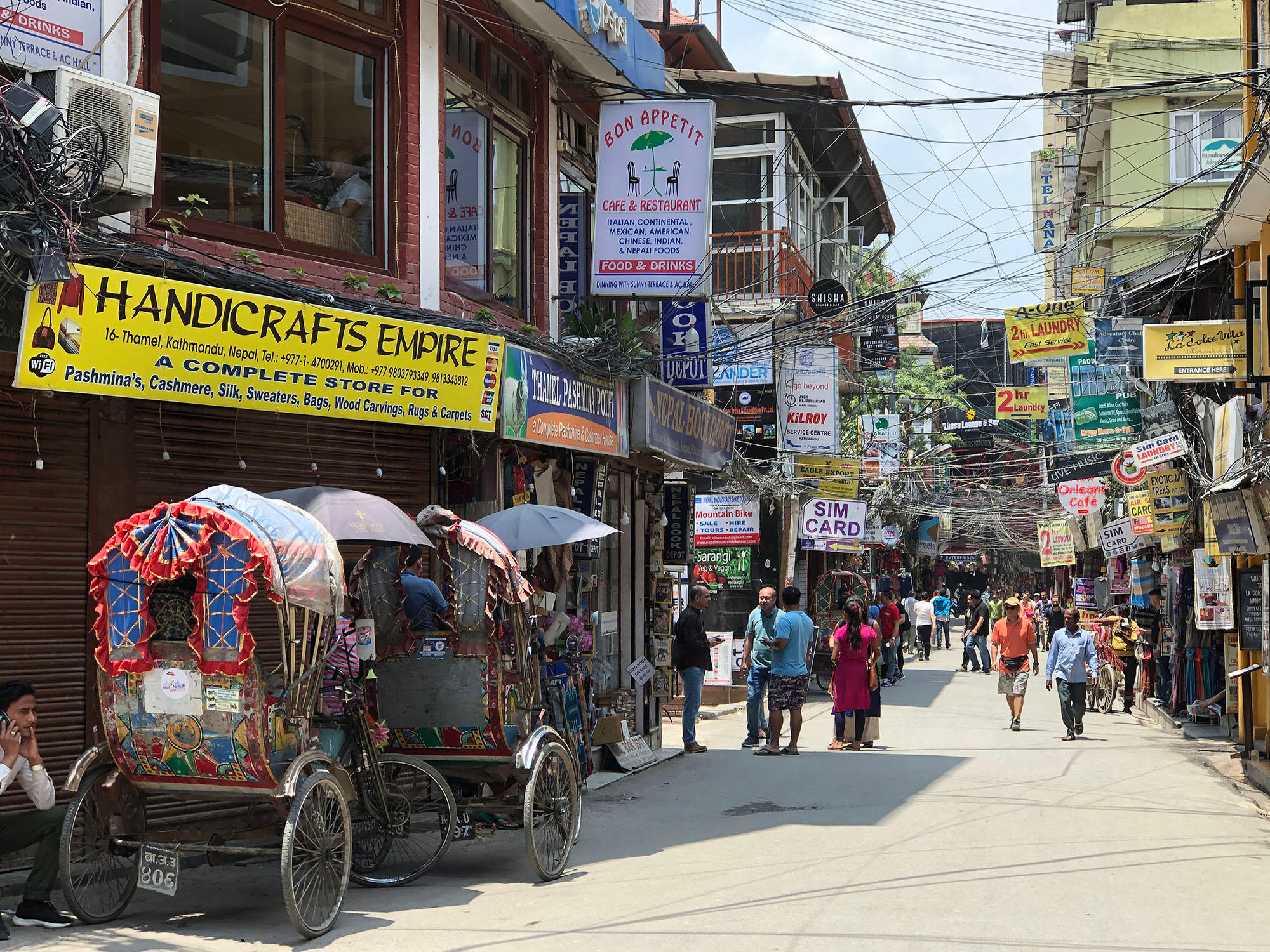
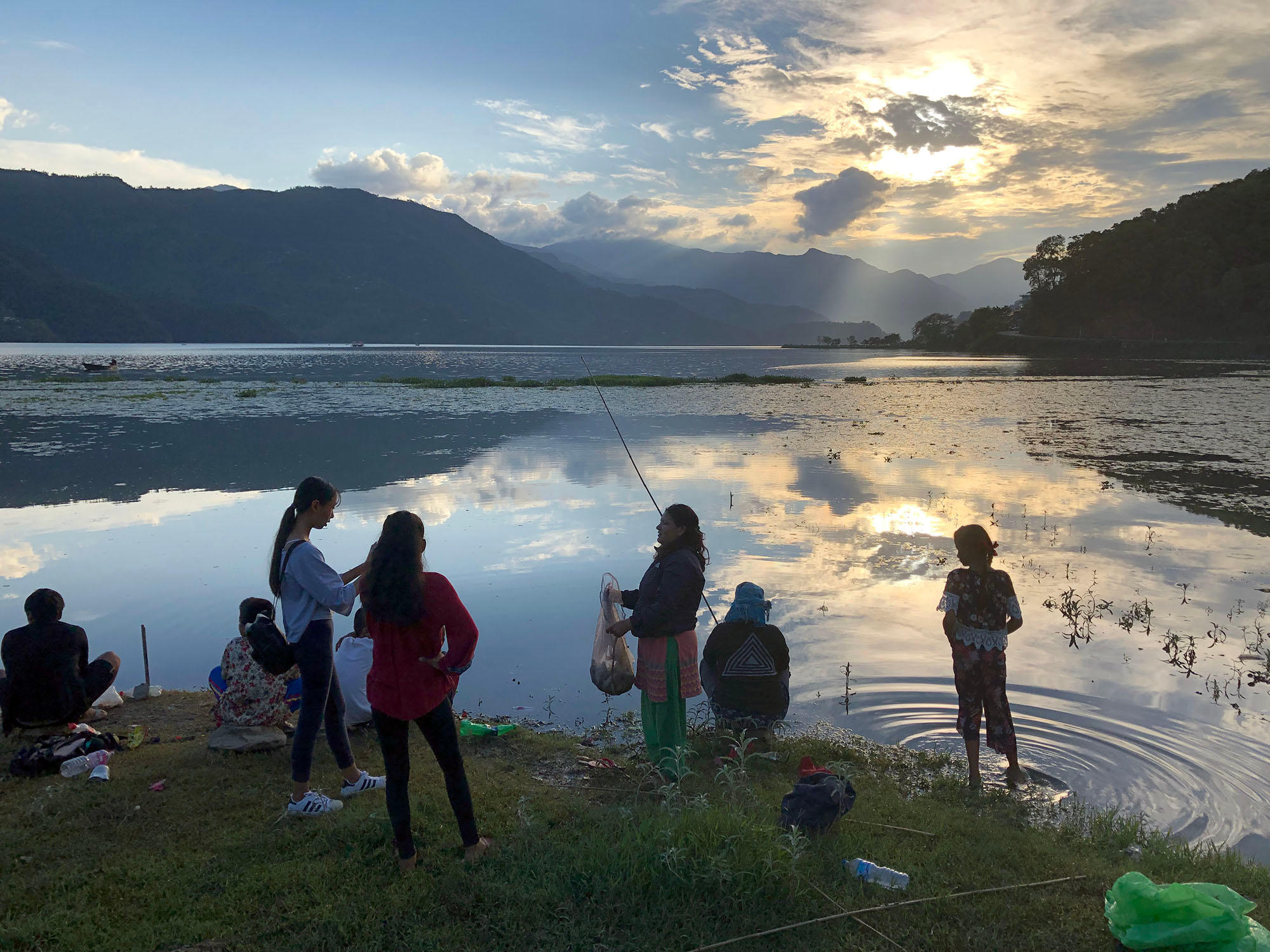
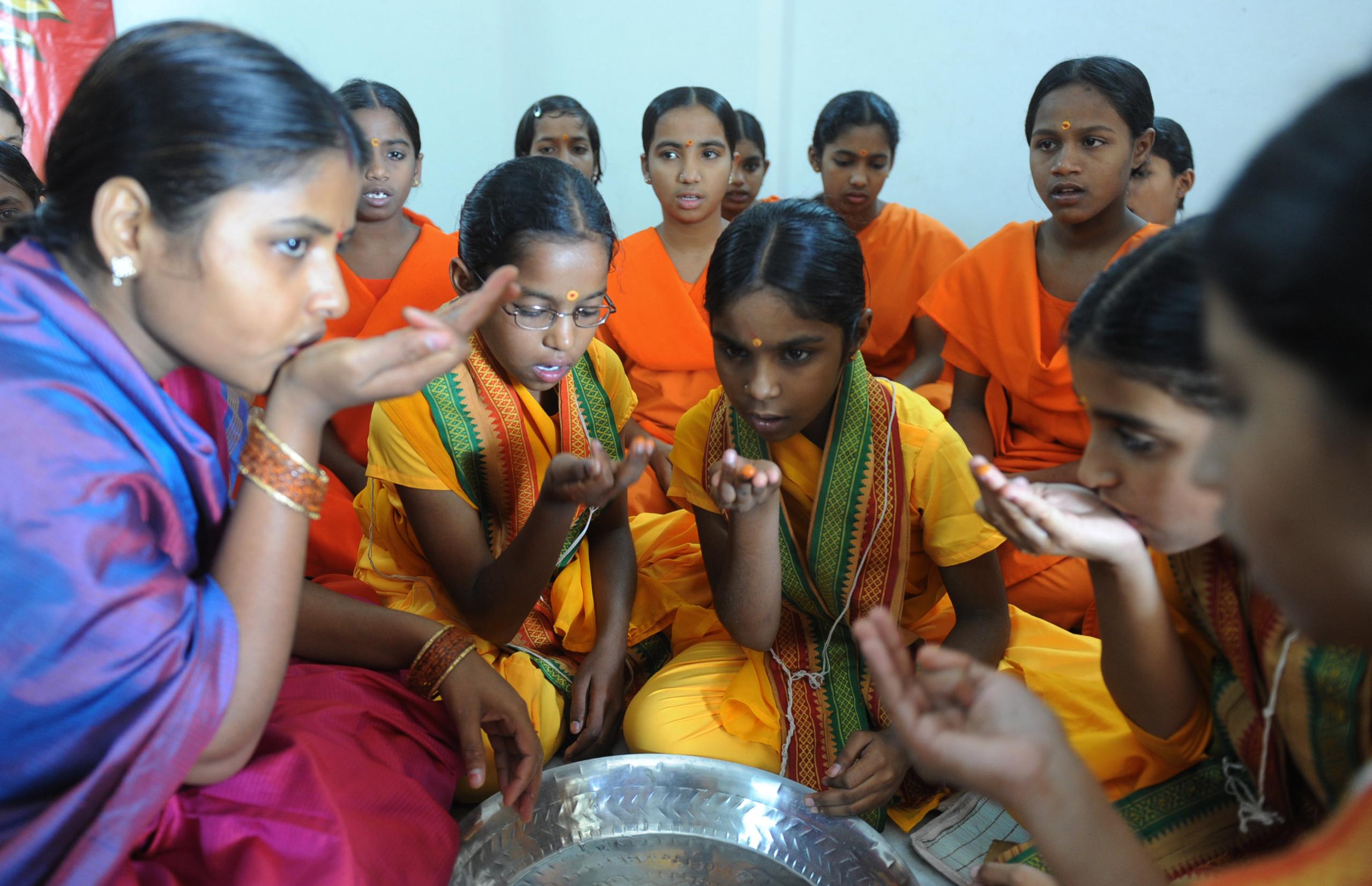
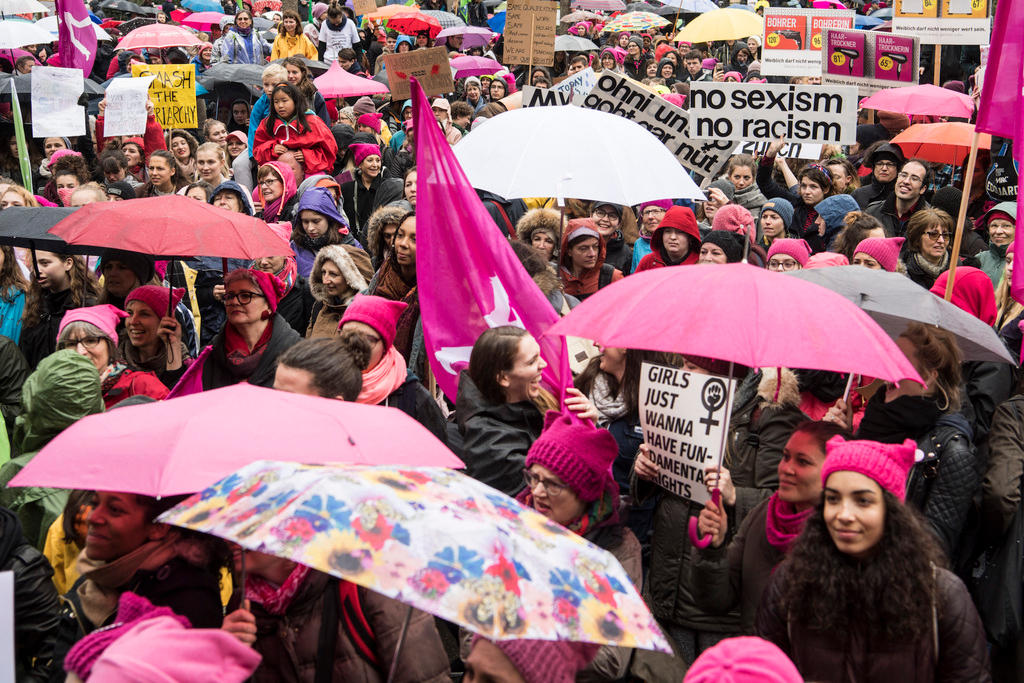
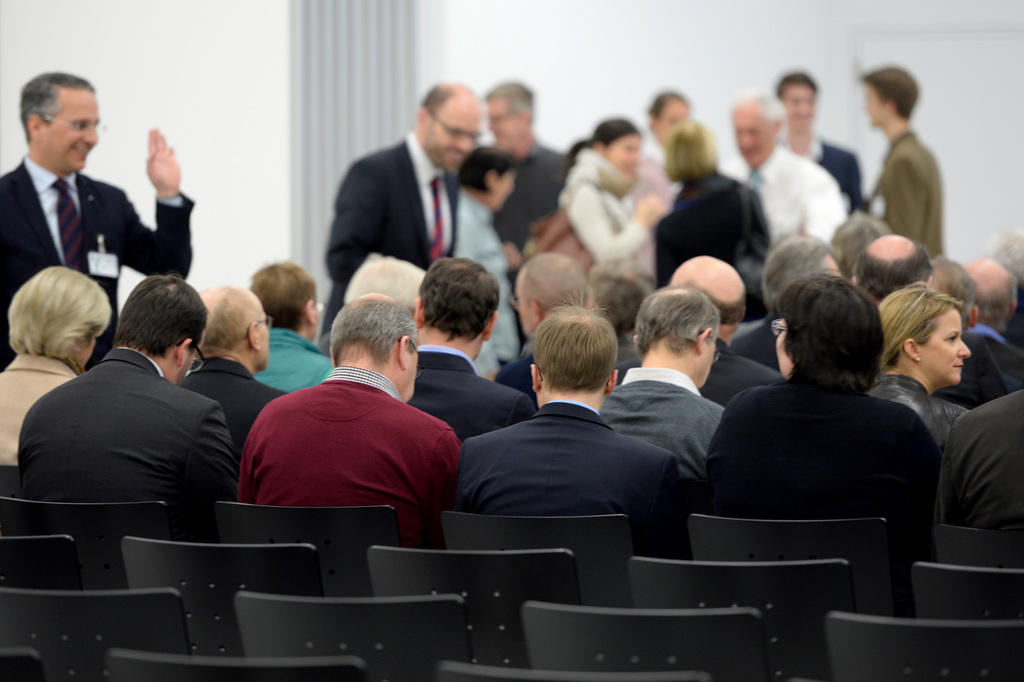
You can find an overview of ongoing debates with our journalists here. Please join us!
If you want to start a conversation about a topic raised in this article or want to report factual errors, email us at english@swissinfo.ch.